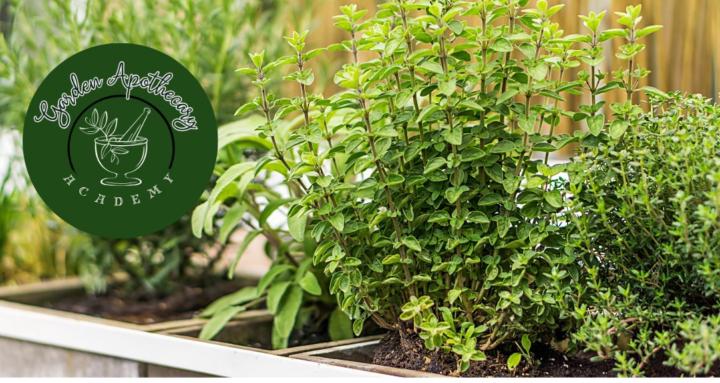Apr 5 • Gardening With Herbs
Worms in Your Garden: Who's the Pest and How Bt Can Help
Herb gardens are a delight—fresh basil, fragrant rosemary, zesty cilantro—until some uninvited worms crash the party. Not all worms are troublemakers, but a few pesky culprits can turn your herbs into a buffet. Let’s meet the usual suspects and see how Bacillus thuringiensis (Bt) can save the day!
The Worms
- Cutworms: These sneaky little larvae love to chew through tender herb stems at soil level, toppling your plants overnight. Basil and parsley are prime targets.
- Armyworms: True to their name, these voracious eaters march through your garden, stripping leaves from dill, chives, or anything green in their path.
- Cabbage Worms: Don’t let the name fool you—they’ll happily munch on more than cabbage. These green caterpillars adore cilantro and other leafy herbs.
- Tomato Hornworms: While they’re famous for tomatoes, these chunky pests won’t say no to nearby herbs like basil or oregano if they’re in the mood.
Earthworms? They’re the good guys, aerating soil and breaking down compost—no need to worry about them!
Bt to the Rescue
Enter Bt, the garden’s natural bouncer. This soil-dwelling bacterium produces proteins that are toxic to these leaf-munching pests but safe for humans, pets, and beneficial bugs like bees and ladybugs. It’s like a VIP list—only the bad worms get kicked out.
To use Bt, pick up a spray or powder form from your garden store. Mix it as directed, then lightly coat your herb leaves, focusing on areas with nibble marks. The pests eat the treated foliage, and within a day or two, they’re done for—no harsh chemicals needed. Apply it in the early morning or late afternoon to avoid sun breakdown, and reapply after rain or if you spot new invaders.
With Bt in your toolkit, those herb-munching worms won’t win this year. Your herbs will stay lush, flavorful, and ready for your next culinary masterpiece or herbal tincture!
BUT- do not spray herbs or plants (like the parsley pictured) who are hosting the butterflies you love!
8
9 comments

skool.com/gardenapothecary
An academy guaranteed to teach how to grow and use herbs medicinally for both you and your livestock.
Powered by



